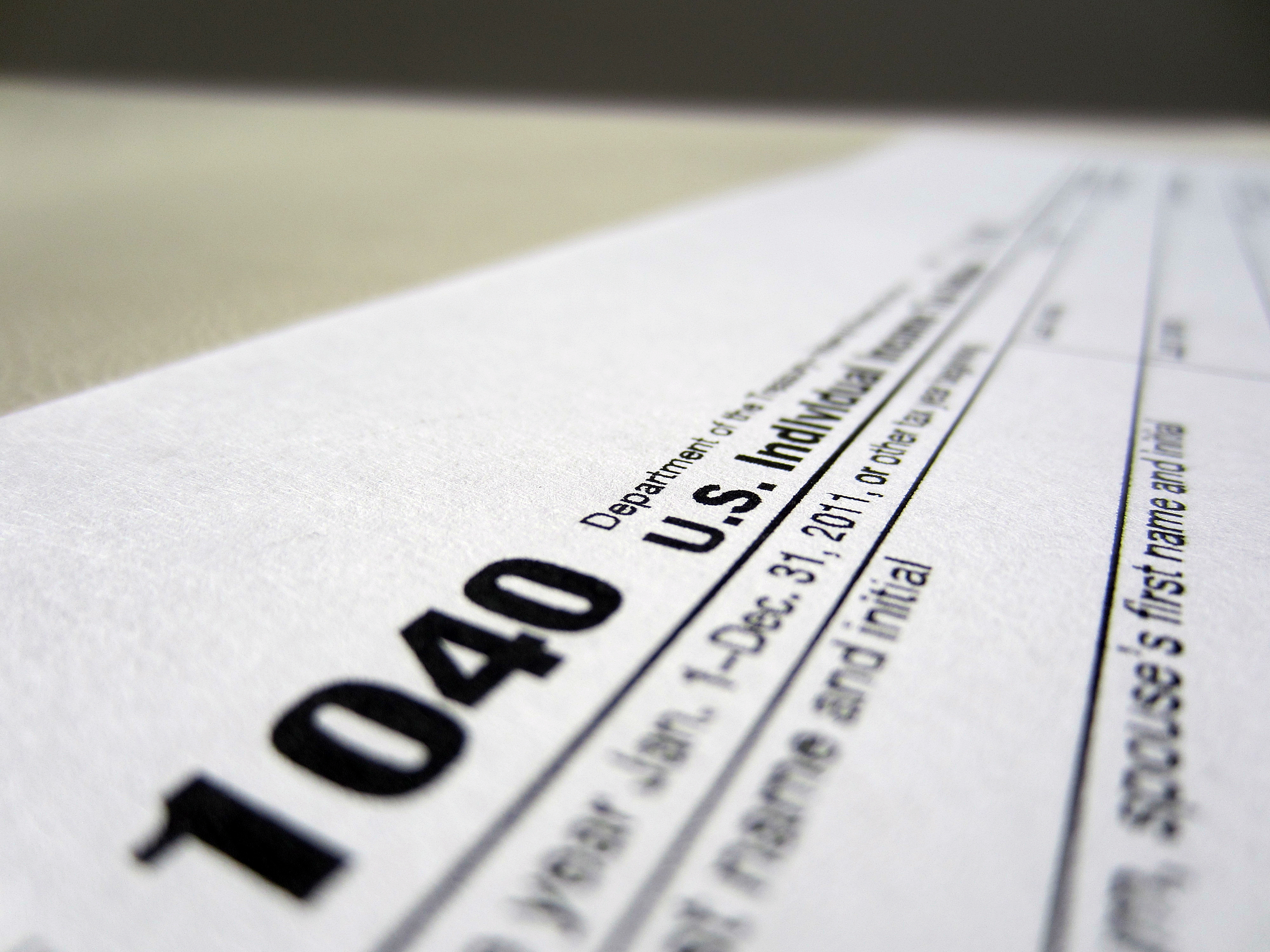
After talking with a number of friends and colleagues about their graduate funding, it has become increasingly clear to me that many grad students are very unclear about how to deal with scholarships and fellowships when it comes time to file their taxes. For small research grants, this is less of an issue, though they do add up and could cause the IRS to notice you if you file incorrectly. For large graduate fellowships, however, you are dealing with a substantial chunk of money and it is important that you are informed about how to report that money on your tax return. Let's begin with a couple of definitions.
The IRS defines a scholarship as:
"an amount paid or allowed to, or for the benefit of, a student (whether an undergraduate or a graduate) at an educational institution to aid in the pursuit of his or her studies."While a fellowship is defined as:
"an amount paid for the benefit of an individual to aid in the pursuit of study or research."
Both scholarships and fellowships may be tax free, as long as you meet a number of key requirements. The first and most obvious requirement is that you must be currently enrolled in a qualified academic institution. Beyond that, there are three more important factors that will qualify your funding as tax free:
- The total sum cannot exceed your expenses, otherwise it counts as taxable income (you're supposed to be offsetting your educational expenses, not making a profit after all)
- It cannot be given with the requirement that it not be used for qualified educational expenses, and it also cannot be given for specific non-educational expenses such as room and board
- The scholarship or fellowship does not represent payment for a service, including teaching and research duties in the course of your graduate schooling
So, the good news here is that you might not have to pay taxes on a large portion of your graduate fellowships and scholarships. The flip side of that, is that any funding you receive (including graduate stipends) that exceed your annual educational expenses (tuition, fees, books, supplies, equipment, etc.), is considered taxable income and must be included as such on your tax return. Notice also, that any money you receive in exchange for your services (teaching, TAing, working in your advisor's lab) is considered taxable income.
Fortunately for many grad students, it is often the practice of universities to compensate students for their TA or RAships by giving them tuition reductions. It seems like a no-brainer that tuition reductions would be non-taxable, but that's actually not always the case. Tuition reductions are considered "qualified" and are non-taxable if you meet the following requirements:
- You are provided the tuition reduction by an eligible educational institution
- You are a grad student providing teaching or research services to a qualified educational institution (not necessarily the one granting you the tuition reduction, interestingly enough)
Hopefully most or all of you receiving tuition reductions meet those two easy requirements, and won't end up having to pay taxes on your tuition reduction.
For a great deal further reading, check out the IRS's webpage on the matter.
Hopefully you all have to worry about taxes, because that means you got yourself some funding! That's the glass-half-full approach at least.
Until next time, watch out for the IRS,
Casey

No comments:
Post a Comment